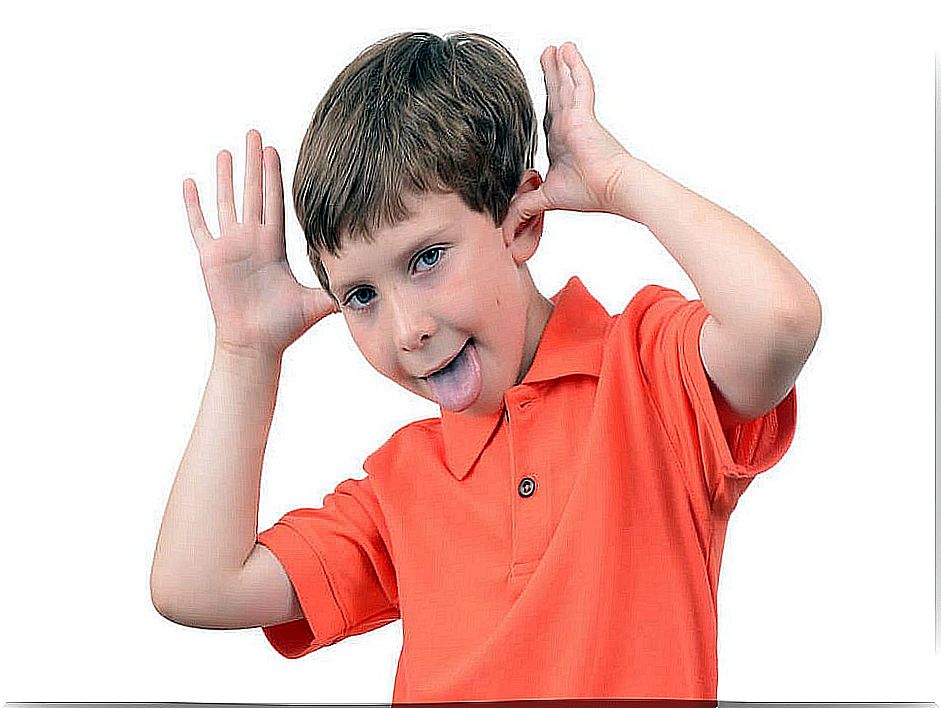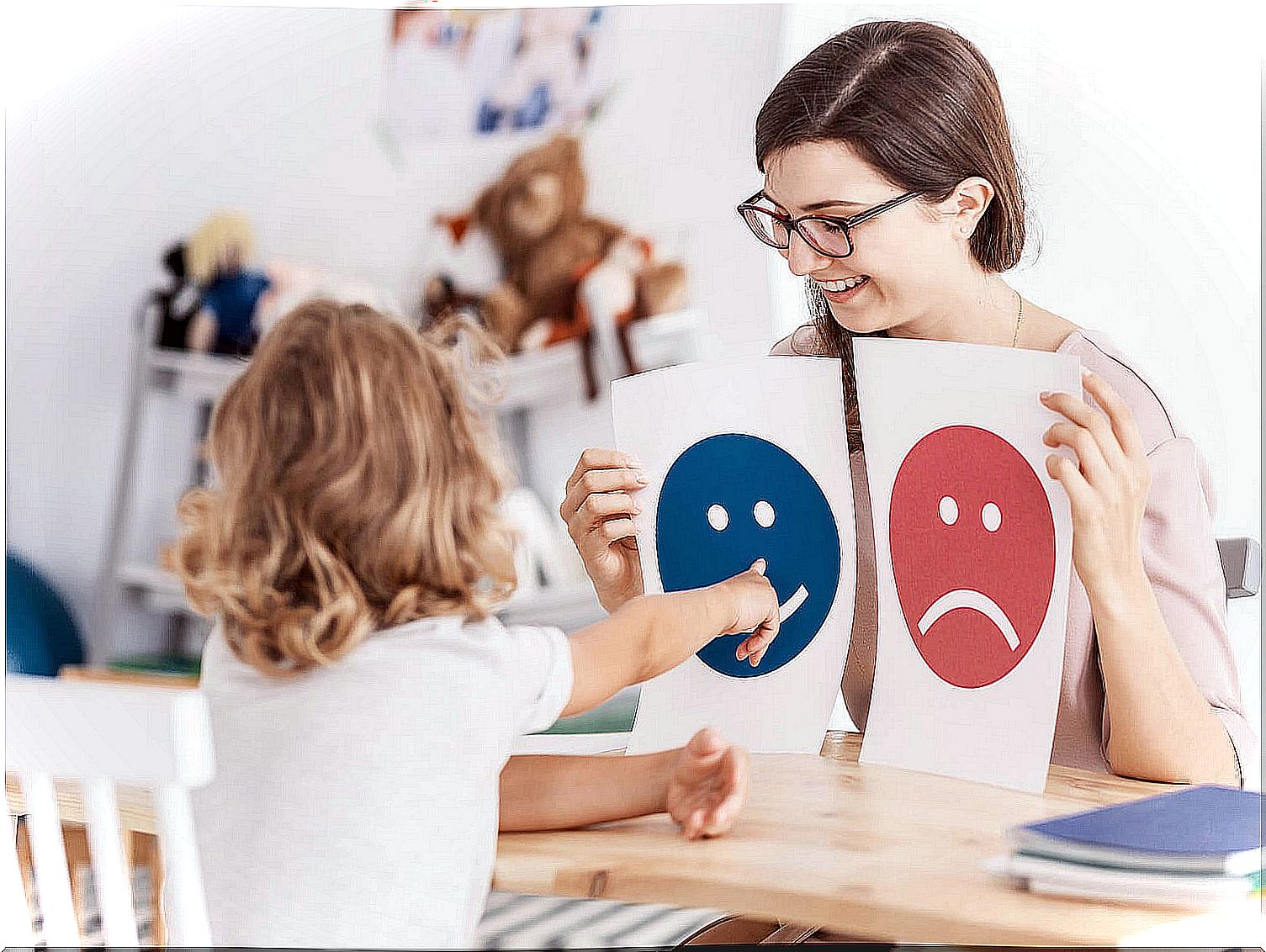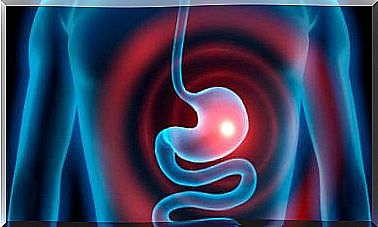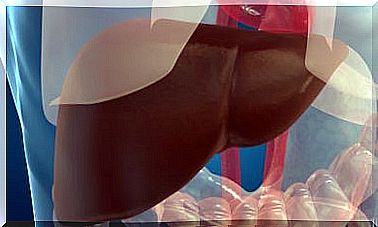Hyperactivity Syndrome: Symptoms And Treatment
Attention deficit hyperactivity syndrome (ADHD) is characterized by symptoms such as excessive activity, impulsivity, and inattention. It is a conduct disorder that leads the child to not be able to stay still.
At some point, all children have trouble paying attention, listening, or sitting still. But kids with ADHD struggle with all of these activities most of the time.
Therefore, ADHD is a neurobiological disorder that develops in childhood. It is one of the most common childhood psychiatric disorders. It is even higher than schizophrenia or bipolar disorder. According to data from the Spanish Federation of Associations for Assistance to Attention Deficit and Hyperactivity, ADHD is suffered by between 2 and 5% of the child population.
Specifically, in the European Union, 5%, which represents approximately 3.3 million children and adolescents between 6 and 17 years old, and in Spain 6.8%, suffer from hyperactivity syndrome, according to a published article in BMC Psychiatry magazine in 2012.
Symptoms of hyperactivity syndrome

Hyperactivity syndrome or attention deficit hyperactivity disorder has three main features:
- Lack of attention.
- Hyperactivity
- Impulsiveness.
These features can manifest themselves with a variable intensity in each patient. In addition, they can be presented independently. For this reason, the symptomatological picture of the patients will vary in intensity and in the form of presentation.
Lack of attention
Inattention, and all that it entails, is one of the most common symptoms of ADHD. People who suffer from inattention are characterized by having difficulty maintaining attention for a long time, do not pay attention to details and have difficulties completing tasks.
They also have a hard time listening, following orders and instructions ; they are usually disorganized and distracted people.
Hyperactivity
Hyperactivity can manifest itself differently at different stages of life. However, the description of the symptoms remains the same in children and adults. They move around at inappropriate times, talk excessively, or make constant noises, even when it comes to doing quiet activities.
In addition, they have difficulty relaxing, they change their activity without finishing what they were doing and, therefore, they are not very constant.
Impulsiveness
Impulsiveness in ADHD can manifest itself in different ways. In this case, the people who suffer from it are characterized by:
- Present problems when waiting.
- Don’t think before you act.
- Tend to conflict with adults.
- Respond in an arrogant way.
- Constantly interrupting others.
Impulsiveness refers, above all, to the difficulty to think things over before acting. This behavior is a big problem, since the patient can put himself in danger and put himself in conflict situations with some ease.
Treatment of hyperactivity syndrome
The treatment of hyperactivity syndrome depends on each case. There are more complex cases than others and, only in the most extreme and complicated cases, drug treatment is used.
In any case, this treatment and any other should be prescribed by a psychiatrist in the case of drug treatment or a psychologist if psychotherapeutic treatment can be used. This could help the child with ADHD not only to improve his concentration, but also to deal with other people.
There are also other treatments, oriented to the cognitive facet, that seek to recover in the child the desire to learn and dedicate himself to something with special attention, as well as improve his communication with the environment. As we have said, it is best to consult with a professional to determine the best treatment for the child.
Tips for coexistence

These are a series of tips to be able to live with and help a child who suffers from this syndrome. First, it may be advisable to define clear rules. It may also help to divide tasks into steps to remind you of those steps and to monitor their execution and procedure.
Teaching you to review the tasks he did can help improve his attention. It is also important to help you with the notion of time. To do this, provide him with a watch or a stopwatch so that he understands the time in which he has to do each thing.
Another key to improving coexistence is practicing the behavior extinction model. It is based on not paying attention or reinforcing those behaviors that we do not want to be repeated.
On the other hand, it can be key to motivate the child in those activities that he wants to do and that he should do, such as school homework. For this, it is recommended to promote good results and taking care of your self-esteem.
It is recommended to increase the structure and order at home, as well as to establish routines and schedules. Finally, eliminating noise and distractions is important so that the child can better concentrate on his activities.
In summary, ADHD is a behavioral disorder that carries different symptoms and affects a part of the child population. A nte persisting more than 6 months or at least six of the symptoms that have been explained, it is best to consult a psychiatrist or psychologist.
Note: To manage living with someone who suffers from ADHD, it is advisable to consult a psychologist or psychiatrist for the best guidelines for this.









